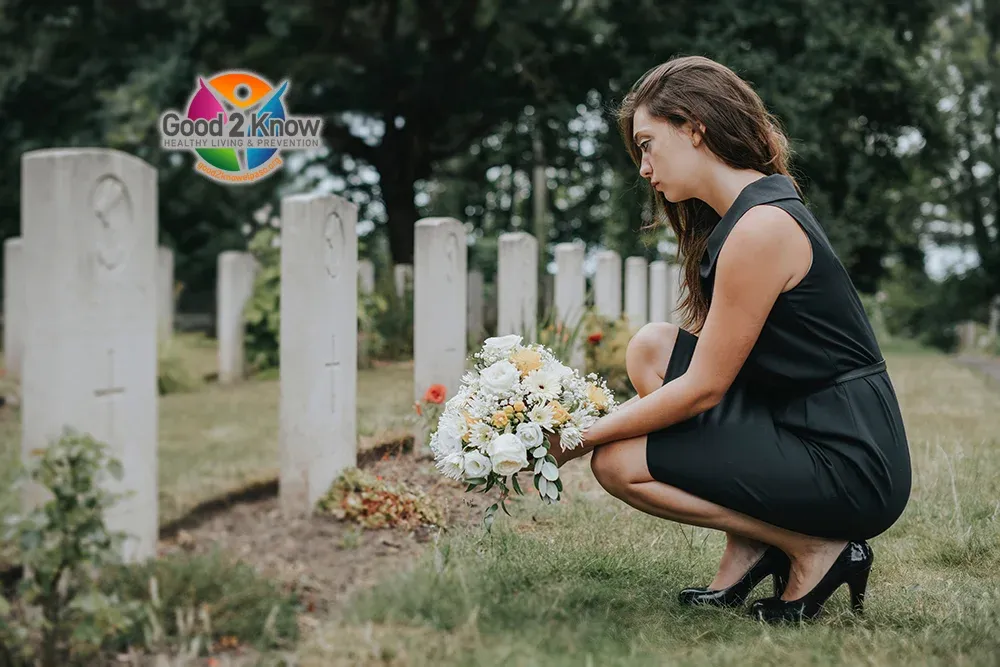A cancer diagnosis can evoke strong feelings like anger or sadness, but psychologists believe that expressing those emotions makes it easier able to let go of them.
Some people sort out their feelings by talking to friends or family, other cancer survivors, a support group, or a counselor. But even if you prefer not to discuss your cancer with others, you can still sort out your feelings by thinking about them or writing them down.
It can be hard for people to know how to talk to you about your cancer. Often loved ones mean well, but they don't know what to say or how to act. If you want to talk, you can make them feel more at ease by asking them what they're thinking or how they're feeling. And if you don't want to talk about it, it's okay to say that too. You can let them know when you're ready to talk.
Whatever activity helps you unwind, you should take some time to do it. Meditation, guided imagery, and relaxation exercises are just a few ways that have been shown to help others; these may help you relax when you feel worried.
Getting out of the house and doing something can help you focus on other things besides cancer and the worries it brings. Exercise or gentle yoga and stretching can help too.
You may like hobbies such as knitting, woodworking, pottery, photography, puzzles, reading, or crafts. Or find creative outlets such as art, movies, music, or dance.
Some people say that putting their lives in order helps. Being involved in your health care, asking questions, keeping your appointments, and making changes in your lifestyle are among the things you can control. Even setting a daily schedule can give you a sense of control. And while no one can control every thought, some say that they try not to dwell on the fearful ones, but instead do what they can to enjoy the positive parts of life. If you can, try to use your energy to focus on what makes you feel better and what you can do now to stay as healthy as possible.











